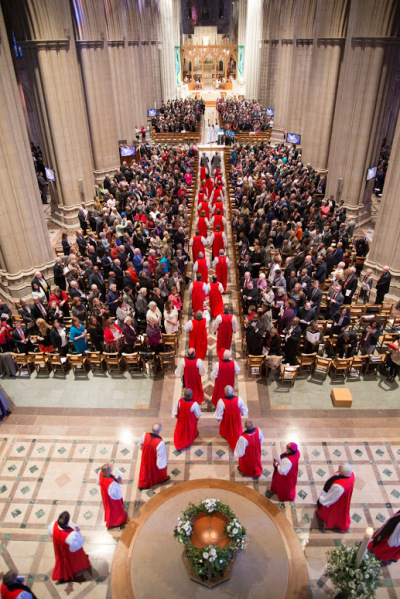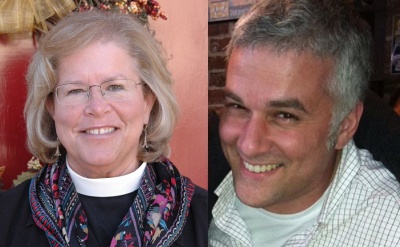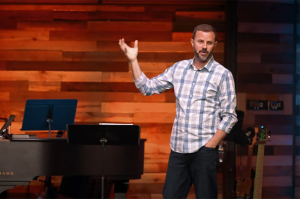Episcopal Church in Denial About Alcoholism in Leadership Ranks, Report Says

Despite repeated calls to address the issue, the Episcopal Church U.S.A. remains in denial about alcoholism and addiction among its leaders, according to a recent report to the General Convention.
The report was commissioned shortly after the 2015 conviction of former bishop of the Episcopal Diocese of Maryland, Heather Cook, for the death of a 41-year-old father in a drunken hit-and-run incident.
Among several recommendations to leaders of the 1.7 million-member Church, the report calls for "actions that promote a significant cultural shift in the Episcopal Church."
"These recommendations address the problem of impaired leaders, but they also diagnose and suggest treatment for an impaired system that maintains denial and helplessness toward addiction, mental illness, and physical disease," the Commission on Impairment and Leadership, which produced the report, said.
"In spite of the efforts over the last four decades by individual dioceses and the General Convention to address the culture of substance abuse in the Church, a lack of education and awareness continues regarding alcoholism and addiction. In some cases, there is a lack of access to or utilization of current scientific research and best practices regarding prevention, intervention, and treatment for both substance use and behavioral disorders," the commission explained. "We found that people in positions of authority are often ill equipped to recognize and respond to signs of addictive behavior, and when signs are recognized, there is a tendency to avoid confrontation or questioning by the person who recognized the signs."

Cook made history in 2014 when she became the first female bishop and second-highest ranking official of the Episcopal Diocese of Maryland despite having a recorded history of alcoholism. She was stripped of that position less than a year after she was promoted due to the drunk-driving incident which resulted in the death of Thomas Palermo, a married father of two, on Dec. 27, 2014.
She reportedly fled the scene twice and was later found to have been drunk and texting as her struggle with alcoholism made national and international headlines.
During her sentencing in October 2015, Judge Timothy J. Doory reminded her of how she walked away from Palermo as he lay dying at the scene of her crime.
"Your leaving the scene at that time was more than irresponsibility, it was a decision," he told Cook, according to The Baltimore Sun.
Prosecutor Kurt Bjorklund noted that when Cook returned to the scene of the accident a second time she left to take her golden retriever home before turning herself in.
"She made sure her dog was OK, but didn't care about another human," Bjorklund said.
She applied for early parole less than a year ago but was denied last May because authorities felt she still "took no responsibility" for her actions and displayed a "lack of remorse" during a 90-minute parole hearing at the Maryland Correctional Institution for Women in Jessup.
The commission noted that tensions between privacy and accountability as well as that between responsibility and forgiveness have contributed to the church culture that allows addictions to endure among leaders in the Episcopal Church.
"Unfortunately, in almost every case that we examined, the ecclesial structure and polity of our church proved to contribute negatively to the situation. Clericalism, a misunderstanding of hierarchy, the canonical autonomy of parishes and dioceses, and a polity that hinders the enforcement of expectations all contributed to inactivity by responsible persons and bodies (such as bishops, chancellors, vestries, Standing Committees, search committees and consultants, Commissions on Ministry, and seminaries)," the report said. "Fear of exposure to liability (as individuals and as a corporate body) provided additional reason for these groups to avoid action. An often underdeveloped theology of forgiveness also contributed to the abusers being given multiple opportunities to repeat their behaviors without consequences."
In their report the Commission recommended among other things that the church makes changes to improve administrative processes such as background checks and psychological testing to ensure individuals are fit for leadership positions.




























